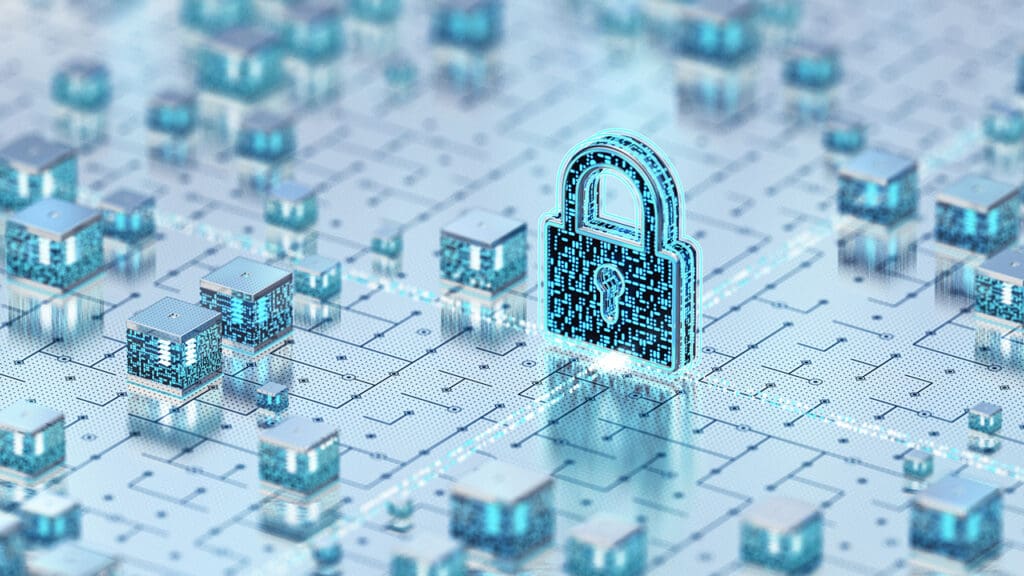Right alongside sound strategy and nimble resource mobilization, innovative implementation of existing and emerging technologies is one of the essentials of sustainable development worldwide. There is substantial excitement around information and communications technologies (ICTs) and other innovations as valuable tools for achieving so many of the United Nations (UN) Sustainable Development Goals (SDGs)—offsetting poverty and hunger and promoting clean water and sanitation, climate action, affordable and clean energy, human well-being, economic growth, and responsible consumption and production, for example.
At the same time, there is caution. New environmental, ethical, and equity-related challenges also are being introduced by some of our world’s most promising, transformative technologies, threatening to undermine trust and hinder advances in sustainable development. ICTs, for example, may contribute to increased levels of emissions in terms of their production, energy consumption, and associated electronic waste. They also surface new requirements around issues of systemic risk, diminishing trust, privacy challenges, and issues of data transparency, ownership, and agency. Developers and operators of ICTs, therefore, must maintain awareness of and employ consensus-based best technical practices and standards recognizing and aligning with end users’ and citizens’ values.
WSIS Forum 2020
Similar dynamics and paradoxes are presented by all sorts of technological innovation for sustainable development. They raise provocative questions for varied stakeholders:
- What are the dimensions of the challenges and opportunities in identifying innovative approaches to promote and use technologies for sustainable development?
- How might the shared goal of sustainable development be realized by harnessing technologies while minimizing their potential disruptive and adverse effects?
- How might labor markets be impacted, and what would be the roles of government and private sector to 802sdglessen the potential harm?
- How can the needs of ordinary people—not merely commercial interests—be accounted for when designing technology innovations?
- How can engineers support policymakers and regulators in prioritizing the creation of digital technology for public good?
These are the types of questions that are being addressed at a thematic workshop that IEEE Standards Association (IEEE SA) is staging on 07 July 2020 at the World Summit on Information Society (WSIS) Forum 2020, entitled “How to Make Tech Development Work for Sustainable Development. “It is an apt venue for the discussion. The annual WSIS Forum represents the world’s largest annual gathering of the ‘ICT for development’ community.
By gathering diverse stakeholders from around the world it serves as a platform for tracking the implementation of the WSIS Action Lines since 2005 with the aim of achieving the UN SDGs.
Making Technological Innovation Work for Sustainable Development
Indeed, these are the types of questions that are being considered every day in conversations throughout IEEE, the world’s largest technical professional organization dedicated to advancing technology for the benefit of humanity. With more than 419,000 members in more than 160 countries, IEEE is a leading authority in ICTs and virtually every other technology area touching sustainable development—such as smart cities, transportation, building, and all aspects of power and energy generation, from generation to efficient consumption. IEEE and its members inspire a global community through technology standards, highly cited publications, conferences, and professional and educational activities across these technology areas and markets around the globe.
The IEEE Code of Ethics encourages our members to strive to comply with ethical design and sustainable development practices. This is crucial, given the global scale of the environmental, social, and governance challenges that threaten to influence the living conditions for our current generations. Furthermore, IEEE has a call to action to its communities to develop professional and educational programs supporting capacity building for engineering and technical professionals in parts of the world where those resources are scant.
IEEE is working across multiple fronts to advance sustainable development and ensure that we are succeeding in our mission to advance technology for the benefit of humanity. Grounded in principles of openness, transparency, and inclusiveness, IEEE works in collaboration with stakeholders around the globe, and we invite your engagement. Together, we are raising the world’s standards to make technology better, safer, and more sustainable for industry and society.









